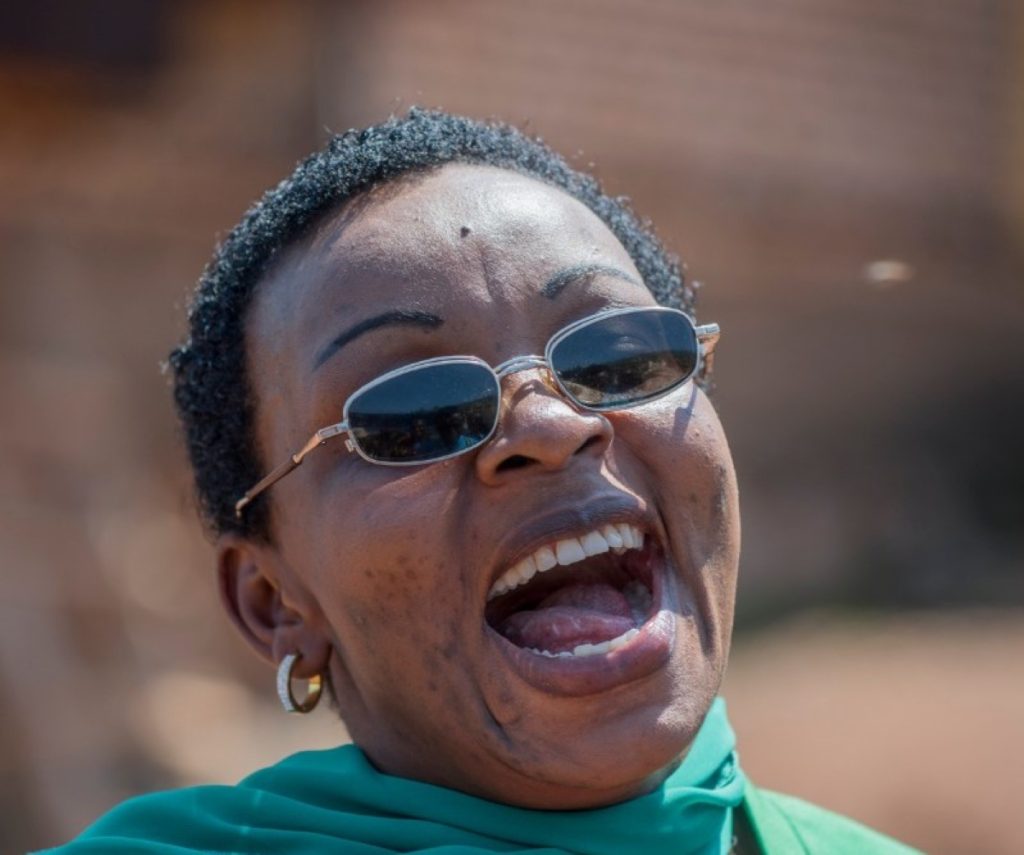A Rwandan court has upheld its decision to bar opposition figure Victoire Ingabire from participating in the upcoming presidential elections slated for July.
The court cited Ingabire’s previous convictions related to terrorism and genocide denial as grounds for her disqualification.
Expressing her disagreement with the ruling, Ingabire condemned what she perceives as political bias within the judicial system.
She reiterated her concerns about the lack of judicial independence in the country.
Ingabire, a vocal critic of President Paul Kagame’s administration, endured eight years of imprisonment before being granted a presidential pardon in 2018.
As Rwanda prepares for the forthcoming polls, Kagame is widely expected to secure a fourth term in office, buoyed by controversial constitutional amendments potentially extending his rule until 2034. Kagame has consistently maintained a stronghold on power, securing previous presidential elections with overwhelming support.
Challenging Kagame’s candidacy is Green Party leader Frank Habineza, although his electoral impact remains limited. Notably, all other opposition parties have thrown their weight behind the ruling Rwandan Patriotic Front.
Ingabire, an ethnic Hutu aged 55, faced accusations of “divisionism” for questioning the government’s narrative surrounding the 1994 genocide, which predominantly targeted Tutsis and resulted in significant loss of life.
Despite Kagame’s efforts to stabilize Rwanda, his administration’s human rights record has faced scrutiny, drawing criticism from various quarters. The reverberations of the court’s decision are expected to resonate throughout the country, shaping the ongoing discourse surrounding Rwanda’s democratic processes.

